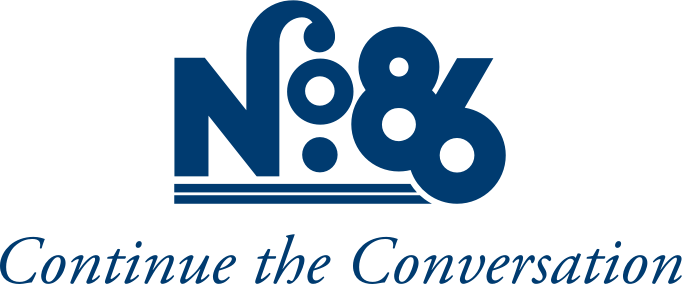James Y. Stern joined the William & Mary faculty in 2013. His scholarship centers on property and private law theory, intellectual property, and conflict of laws. His articles have been selected for publication in the California Law Review, the Harvard Law Review, and the Virginia Law Review. He currently teaches Torts, the Intellectual Property Survey Course, and an advanced property seminar. He was awarded the Temple Bar Scholarship by the American Inns of Court Foundation in 2011 and is an honorary member of the Commercial Bar Association for England and Wales.
Professor Stern clerked for Justice Anthony Kennedy on the U.S. Supreme Court and for Judge J. Harvie Wilkinson on the U.S. Court of Appeals for the Fourth Circuit. He received his J.D. from the University of Virginia, where he was awarded the Traynor Prize for the best paper by a graduating student and named a John M. Olin Law and Economics Fellow. He was inducted into the Order of the Coif and the Raven Society, the university’s principal academic honor association.
Professor Stern received his undergraduate degree from Harvard, where he studied American history and literature and wrote his honors thesis on the influence of Friedrich Nietzsche on H.L. Mencken. He was awarded the John Harvard Scholarship and was selected to serve as the Harvard-Shrewsbury Fellow upon graduation.
Before coming to William & Mary, Professor Stern was Research Assistant Professor at University of Virginia Law School.
- J.D., University of Virginia School of Law
- A.B., Harvard College
*****
A person listed as a contributor has spoken or otherwise participated in Federalist Society events, publications, or multimedia presentations. A person's appearance on this list does not imply any other endorsement or relationship between the person and the Federalist Society. In most cases, the biographical information on a person's "contributor" page is provided directly by the person, and the Federalist Society does not edit or otherwise endorse that information. The Federalist Society takes no position on particular legal or public policy issues. All expressions of opinion by a contributor are those of the contributor.
Securing the Nation: CFIUS, Foreign Transactions, and Judicial Review
George Mason Student Chapter
Zoom Webinar -- George MasonVirtual
Arlington, VA 22201
7 Minute Presentations of Works in Progress Panel 2-B
18th Annual Faculty Conference
Sheraton New York Times Square Hotel811 7th Avenue
New York, NY 10019
Panel: Upward Redistribution, Government Policy, and Rent Seeking
18th Annual Faculty Conference
Sheraton New York Times Square Hotel811 7th Avenue
New York, NY 10019
Panel: Upward Redistribution, Government Policy, and Rent Seeking
18th Annual Faculty Conference
This panel will consider to what extent the disproportionate increase in income among the very...
Panel: Upward Redistribution, Government Policy, and Rent Seeking
18th Annual Faculty Conference
This panel will consider to what extent the disproportionate increase in income among the very...

Introduction to Property
Why does the law school curriculum start with Property class? What are some foundational legal principles that every student needs to know about property? Most...








